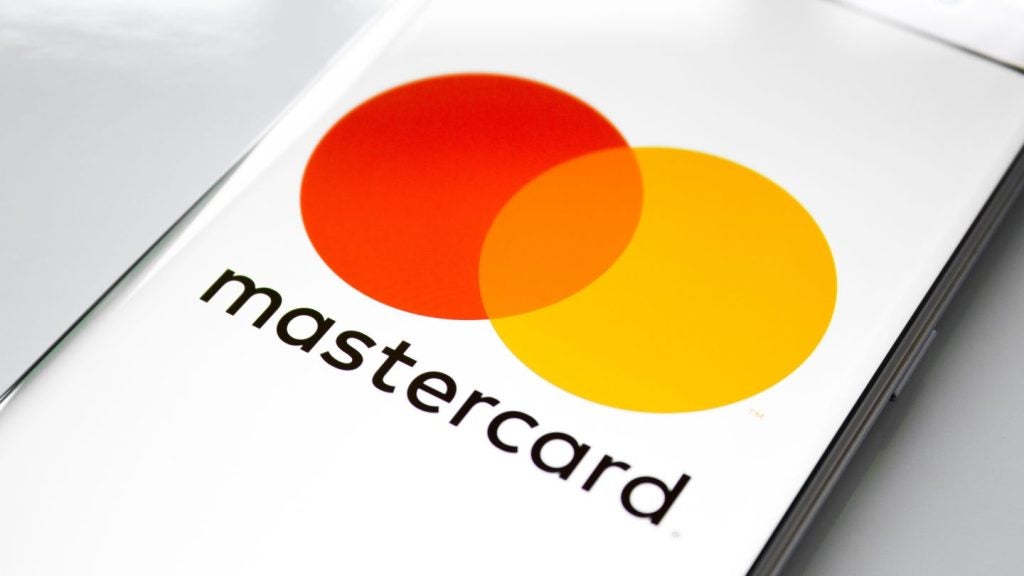A number of factors are driving Hong Kong’s card and electronic payments market: a highly developed public transport ticketing system, an increase in popularity of premium cards and a highly banked population (96.1%). Cross-border trade between Hong Kong and China is also fuelling the market
The growing payment cards market, coupled with favorable regulations, encourages foreign banks from mainland China and other markets to expand their presence in Hong Kong. Foreign banks such as Bank of China, Citibank and Standard Chartered Bank have a strong presence in the country.
Hong Kong’s payments cards market is highly developed, with card penetration of 3.4 cards per individual in 2014. Furthermore, the average annual spend per card stood at $4,052.80 in 2014 – higher than in Malaysia, Indonesia, Taiwan and Singapore.
Banking penetration is very high in Hong Kong, recording 96.1% in 2014 according to the World Bank Global Findex survey. To increase this further, the HKMA assigned HSBC, Standard Chartered and Bank of China the role of major financial service providers in November 2015. These banks are responsible for the release of financial products and services to consumers living in rural areas, senior citizens and unbanked consumers. High banking penetration resulted in an increase in the total number of bank accounts, as well as banking products such as consumer loans and payment cards.

Multiple currency cards become prominent
To capitalise on the increasing cross-border trade between Hong Kong and mainland China, as well as to cater to the fast-growing Chinese population working and studying in Hong Kong, banks are issuing dual currency payments cards. Expenses in Hong Kong and overseas are settled in the local currency, while expenses made in mainland China are settled in the Chinese currency. Banks usually waive the foreign currency transaction fee, and cardholders are offered benefits such as cash rebates, medical assistance, travel assistance and concierge services.

US Tariffs are shifting - will you react or anticipate?
Don’t let policy changes catch you off guard. Stay proactive with real-time data and expert analysis.
By GlobalDataSome examples of dual currency credit cards are the UnionPay Dual Currency Platinum Credit Card offered by Standard Chartered, and the CUP Dual Currency Platinum Card offered by Bank of China.
In addition to dual currency cards, banks are also offering triple currency cards. Banco Nacional Ultramarino partnered with UnionPay to introduce a triple currency credit card in August 2015. The card is available in Platinum, Gold and Classic variants and can be used in Hong Kong, Macau and mainland China. Transactions are settled in the respective local currencies.

Demand for premium cards is on the rise
The demand for premium credit cards is high in Hong Kong due to the growing presence of a high-income population. Consumers have become more sophisticated, and credit cards are becoming an essential part of the lifestyle. The demand for high quality service and rewards is also increasing among consumers. To serve the most profitable consumer segment, banks are offering exclusive benefits and rewards.
For instance, HSBC started offering reward programme called – ‘Red Hot Rewards of Your Choice’ to consumers from January 2016. This reward programme offers cashback on dining, entertainment and lifestyle expenditures.
The Octopus card’s dominance
The Octopus card was one of the world’s first contactless cards. It is one of the world’s highest used smart cards, owned by 99% of Hong Kong residents aged 15-64 in 2015. As of August 2015, there were 29 million Octopus cards in circulation in Hong Kong – around four times the country’s population. Hong Kong’s Mass Transit Railway (MTR) started operating a fully automatic fare collection system in 1979. To further enhance customer convenience, MTR launched the Octopus fare collection system and the Octopus Card in 1997, which eliminated the need for travelers to find the exact change to pay fares. It is now widely accepted across convenience stores, restaurants and supermarkets in the country. Over 13 million transactions used Octopus cards, valued at over $20.6m (HKD160 Mn), are carried out daily across 70,000 card readers.








